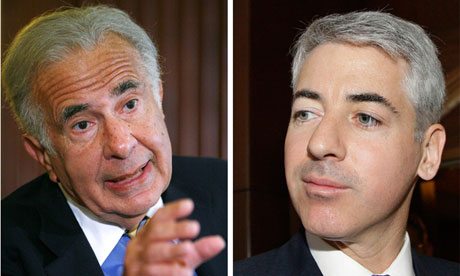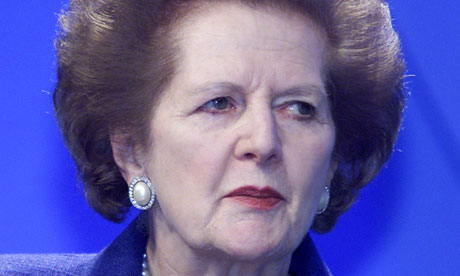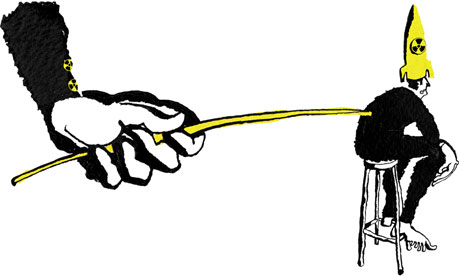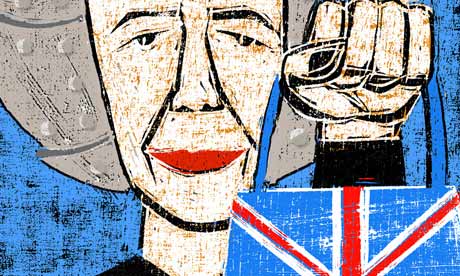Herbalife is a diet company that excels at drama. It has Wall Street titans sparring, KPMG resigning and investors confused

Bill Ackman (right) traded insults with fellow hedge funder Carl Icahn on television over Herbalife. Photograph: Reuters
There is something about diet company Herbalife that makes very rich men act very strangely. The weight-loss company should be relatively unremarkable. Instead it's been in the center of a dramatic story that should have Hollywood calling.
It has everything – intense, dashing hedge-fund titans embroiled in a public war, allegations of pyramid schemes, billions of dollars riding on on the outcome and now, as of today, a rogue auditor who risked his entire career by allegedly squirreling away inside information to make himself a profit. The Herbalife scandal even features Carl Icahn, one of the 1980s corporate raiders who reportedly inspired the timeless capitalist character of Gordon Gekko. If Wall Street wars got Oscars, Herbalife would be a top contender.
With so much heady money and power surrounding Herbalife, it's no surprise that the wafting scent of greed would envelop one of the people whose virtue should have been above reproach: the company's auditor, the prestigious accounting firm KPMG.
Auditors are not glamorous people. If investment bankers are the popular, fratty jocks of the financial world, and traders are the kids who love to hang out with their Camaros, auditors are more like the bespectacled stars of the math team. They are accountants – precise and cautious by nature – and, as a result, they have all the usual attendant social insecurities that nerds do: they're so happy just to be invited to the party that they may not judge too carefully the underage drinking and drugs that are going on. When auditors get into trouble – as they did with companies like Enron and WorldCom – it's usually because they were too eager to please their clients that they kept quiet when they saw something wrong. They didn't want to lose their place at the party.
So the "rogue auditor" is a rare character to cast. Auditors are often guilty of neglect, or looking the other way; rarely do they do something really bold and reckless like trade on inside information. Yet, apparently prompted by the drama around Herbalife, this is what a partner with the company's auditor, KPMG, did, according to Herbalife.
KPMG fired the rogue auditor on 5 April and told Herbalife about the whole debacle yesterday. This morning, Herbalife's stock was halted for an unusually long time – two hours – as the company tried to decide how to tell investors.
During that time, traders and journalists took to Twitter to speculate on what could possibly be so horrible that it would require the company to completely stop trading its stock for most of the morning.
The answer, it turns out, was pretty bad.
The partner at KPMG was entrusted with combing Herbalife's financial statements for errors. Unfortunately, according to Herbalife's version of the story, he also shared the company's confidential information with someone else, presumably so they could make a profit of their own. That would give him an incentive to mess with the company's results to help his own financial interests. As a result, KPMG's entire opinion on the company is reduced to worthless chaos; the auditor said it had to withdraw its reports on Herbalife for the last three fiscal years.
Herbalife, already embroiled in months of wars between its investors, hastened to assure everyone that the company was still sound. It stressed that KPMG had resigned as its auditor purely because of the possible insider trading and "not for any reason related to Herbalife's financial statements, its accounting practices, the integrity of Herbalife's management or for any other reason".
Herbalife managed to contain the damage: by halting the stock for two hours, it had raised expectations that the news would be far worse. The stock fell only 1% on the news when it finally came out. However, there was still evidence of chaos. In the same statement, Herbalife said that KPMG had said the three years of financial statements could both be "continued to be relied upon" and "should no longer be relied upon".
So that clears things up.
This only adds another twist for the Herbalife saga that's been playing out on the larger Wall Street stage. It was only three months ago that the distinguished Carl Icahn was publicly trading insults on television with Bill Ackman, the silver-haired, baby-faced boy wonder of investing. Ackman has argued that Herbalife is a pyramid scheme and has bet against the company; Icahn took the other side of the bet. Daniel Loeb, who was previously a friend of Ackman's, shocked the investing world by switching allegiances and taking Icahn's side.
There's a lot more information that has yet to come out about the problem with KPMG and Herbalife. That's good if you're in Hollywood. It means there's enough time to run through the casting. What do you think of Alan Alda, Elliott Gould, or Frank Langella to play Carl Icahn? John Slattery to play Bill Ackman? Michael Sheen as Dan Loeb? Philip Seymour Hoffman as the rogue auditor?
Now who's going to call John Grisham and tell him about all this?









